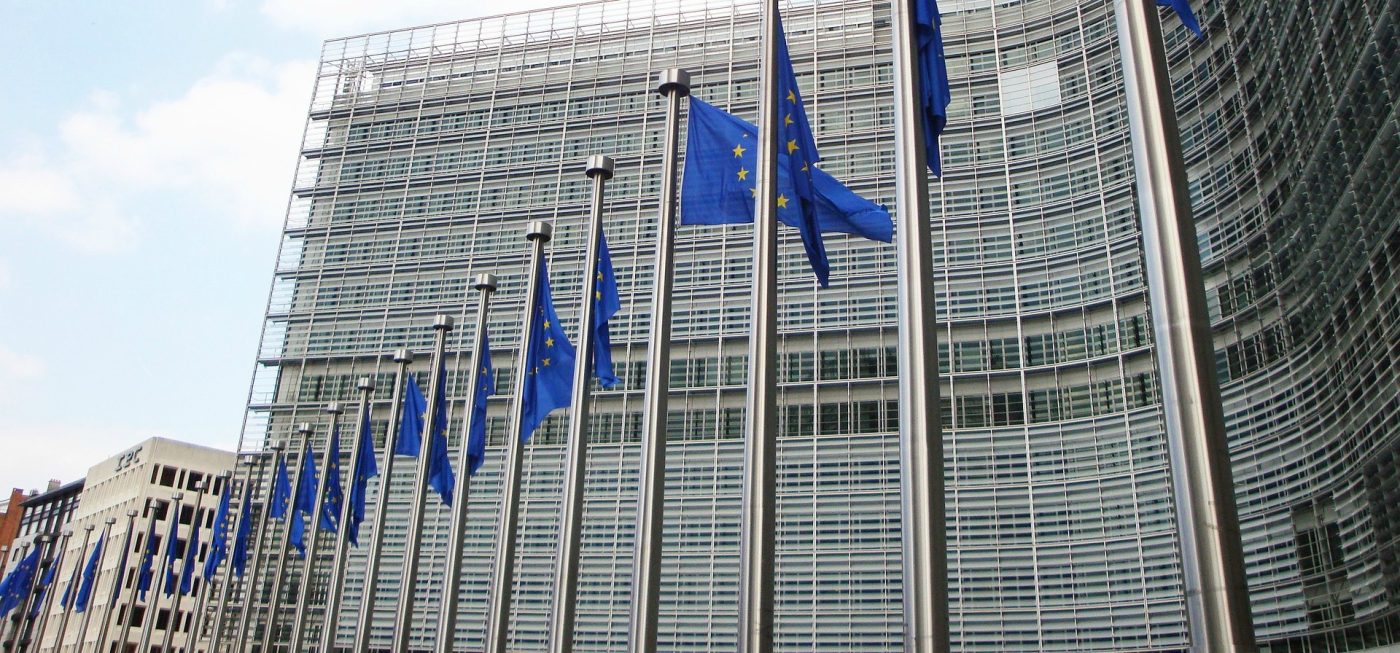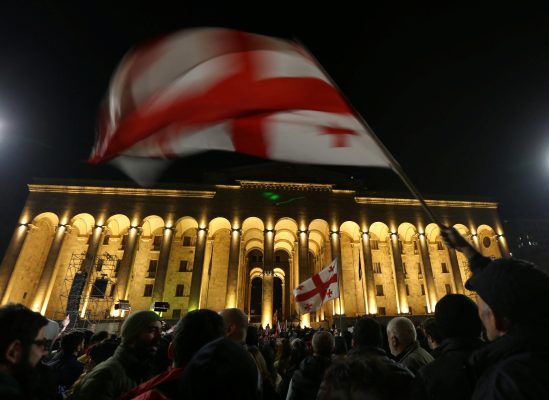Look at the map or the statistics and it’s unmissable. The European Union is the biggest, richest geopolitical entity in the world, with a GDP of $23 trillion (accounting for purchasing power), or just over one-fifth of the world economy. The population numbers 508 million. Add to that the world’s best and most accessible system of education and health-care (mostly free or highly subsidized), plus a trove of cultural treasures, and a visiting Martian would assume that the EU was the center of the world.
But look at the geopolitical stage, and Europe is on the sidelines, almost overlooked in the big rows and rivalries that rage across the globe. What’s Europe doing about the conflict between Iran and Saudi Arabia? Or in the related conflict involving Saudi Arabia and Yemen? It is invisible on the Middle East peace process, or what remains of it. It is undetectable on the war in Syria and on the humanitarian crisis in Venezuela. It is largely dumbstruck on China. Even in its immediate neighborhood, it has failed on Ukraine and the Western Balkans. The only clear successes of its policy are in bribing Turkey to stop refugees heading north, and in some limited, French-led stabilization efforts in north Africa.
Part of the problem is temporary. The new EU leadership has yet to take office. The previous one has fired its ammunition. Any remaining flickers of political energy are consumed by Brexit.
A bigger difficulty is structural. Big European countries—notably France and Germany—want to make their own foreign policy, without being shackled by eurocrats in Brussels. The EU institutions are allowed to lead on anything they like, so long as the issue is unimportant or the policy is ineffective. Preferably both. The EU is only allowed center stage in a supporting role, reiterating lines already spoken by the main actors.
But the most crucial issue is that the EU cannot decide whether it wants to act as a U.S. ally, or as a counterweight to an administration that many in the European elite blithely dismiss as eccentric, spiteful, and selfish. The temptation is to go for independent-minded rhetoric, while holding back from real action. On Iran, for example, the U.S. position is clear if controversial: back the Saudis and try to bankrupt the mullahs’ regime in Tehran. The EU disagrees with that, and wants to save the nuclear deal negotiated with Iran by the major world powers, with the support of the Obama administration. That is defensible. But the EU lacks the clout and nerve to pursue the logic of this fully, for example by creating an effective financial mechanism whereby Iran can side-step U.S. sanctions.
Similarly, the EU likes to talk about having its own defense policy, giving it “strategic autonomy” – code for not having to take phone calls from the U.S. National Security Adviser, John Bolton. Again, that is a defensible position – but it will involve explaining to EU taxpayers that they are going to be spending huge amounts on defense over the coming decades to match or replace the defense capabilities that, for now, only the United States can provide. Speeches are a lot cheaper.
It would make more sense for the EU to focus on problems where its economic weight can really help: stopping the big tech giants (American and Chinese) from pillaging our privacy, and keeping as much as possible of the rule-based international order afloat. On hard security, the only practical option is working with the United States. The EU cannot realistically expect top billing on the global stage. But it can aim to co-star.
Europe’s Edge is CEPA’s online journal covering critical topics on the foreign policy docket across Europe and North America. All opinions are those of the author and do not necessarily represent the position or views of the institutions they represent or the Center for European Policy Analysis.





